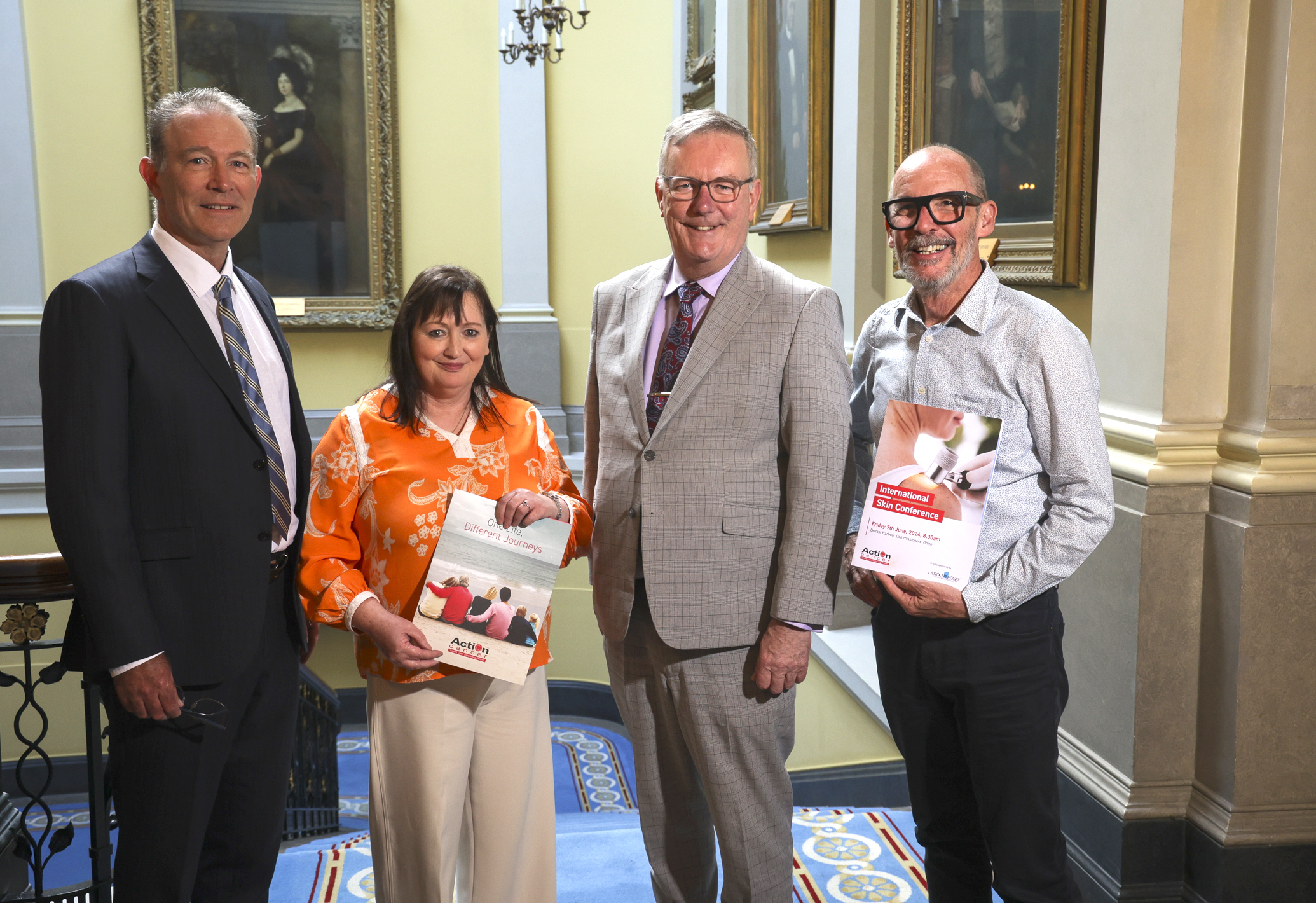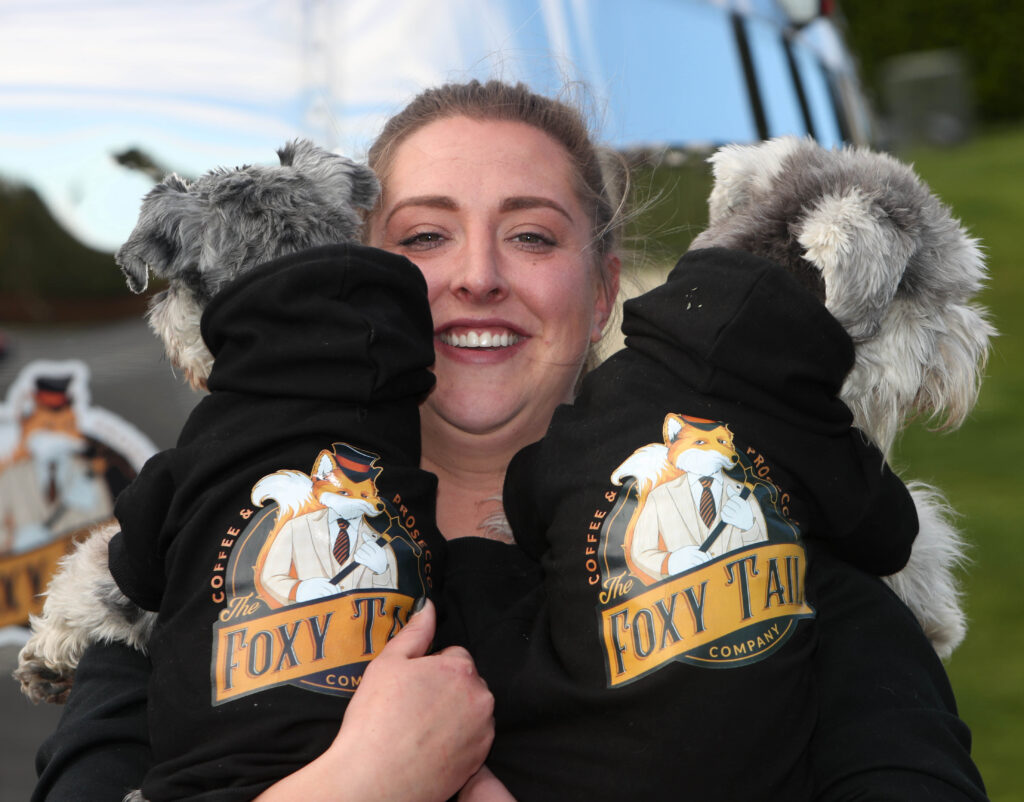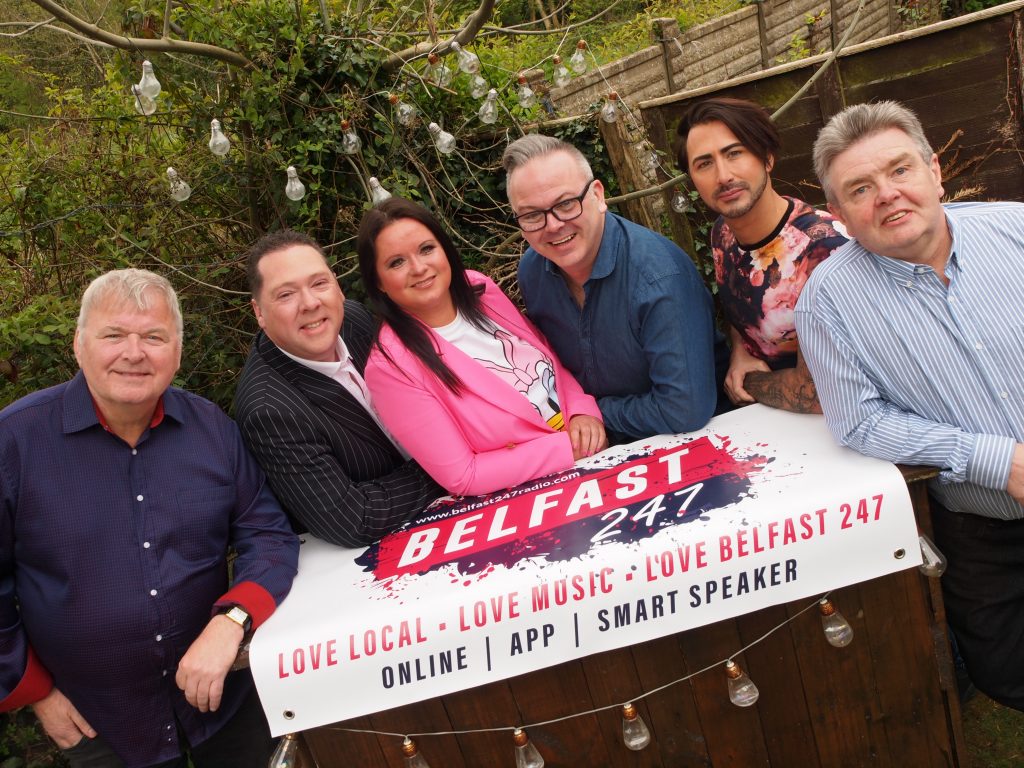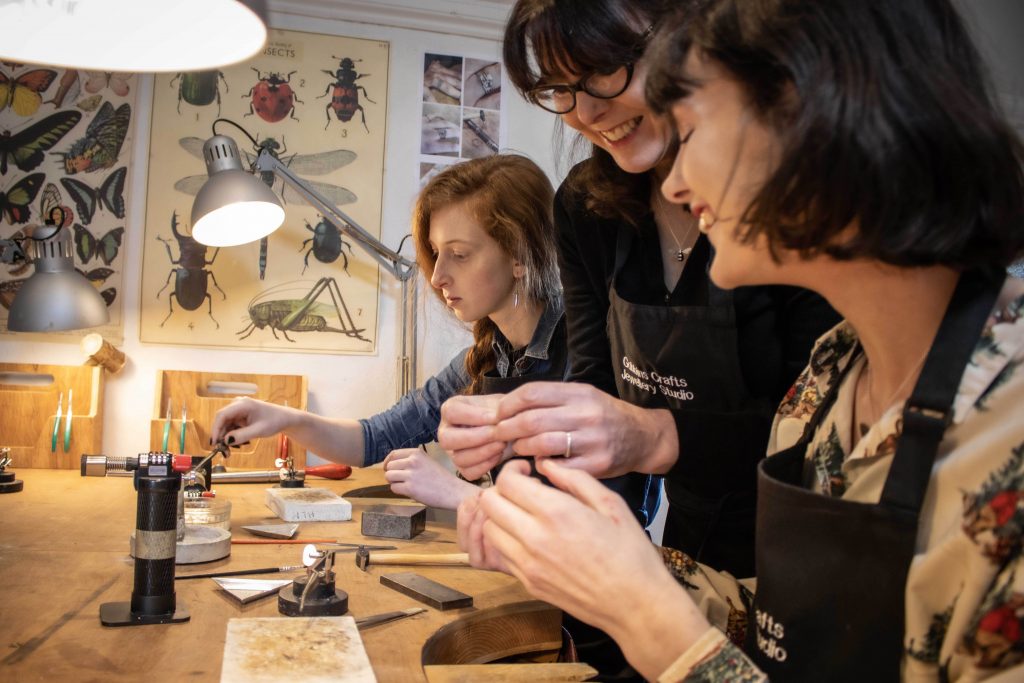Northern Ireland’s leading, local charity Action Cancer has hosted an International Skin Cancer Conference at the Belfast Harbour Commissioners’ Office.
Non-melanoma skin cancer is Northern Ireland’s most prevalent type of cancer with melanoma continuing to increase UK wide.
Action Cancer’s first skin cancer conference was organised by Iona McCormack, Senior Skin Cancer Specialist Nurse, who heads up the skin cancer detection service at Action Cancer. The service, which has now been operational for a year has detected over 100 skin cancers.
The conference was themed on looking at collaborative and innovative ways of working between all sectors involved in the delivery of skin cancer management.
Ninety delegates heard from guest speakers coming from a range of specialities including experts from Brisbane, Queensland, Australia who have a wealth of knowledge and experience in treating skin cancer and guest speakers in the field who are working locally in Northern Ireland. The aim of the conference was to discuss skin cancer prevention, skin cancer management and Pathology.
The conference provided delegates with an interactive experience where they could all learn from each other with representation from the primary, secondary and third sector. The conference also welcomed colleagues from the Department of Health and the Public Health Agency.
On opening the conference Health Minister, Mike Nesbitt, said: “We need to combine our collective knowledge and expertise to finding the best possible solutions for dealing with the challenges that cancer presents. The Department’s Skin Cancer Prevention Strategy and the Cancer Strategy both emphasise the importance of raising awareness of the steps that people can take to prevent skin cancer, and cancer more generally.
“I am also aware of the excellent work that Action Cancer has done to reduce skin cancer and resulting deaths in Northern Ireland. As well as raising public awareness, the charity runs a unique and free skin cancer detection service which is the first service in Northern Ireland, outside of HSC that can refer directly via photo triage into secondary care; enabling those patients with suspect skin cancers to reach the appropriate pathway in a timely manner.
We must do all we can to raise awareness of skin cancer and the associated risks. This will help to avoid the high numbers of people currently being diagnosed with this condition across Northern Ireland and globally.”
Also speaking at the conference was Dr Dan Kennedy, an Australian Plastic Surgeon who works in Queensland where there are some of the highest per capita rates of skin cancer in the world. His practice focuses on facial tumour removal and reconstruction.
Dr Kennedy said: “The Australian experience with fair skinned patients informs us that early detection and treatment makes a big difference in the lives of people with skin cancer.
“As a surgeon, if I can avoid removing someone’s eye, ear or nose by taking their cancer out while it’s still small, I’ve done them a huge service.
“If you can avoid that cancer altogether by educating them, you’ve done them an even greater service. Skin cancer is one of the most preventable cancers.”
Associate Professor Dr Jim Muir is a dermatologist in public, private and virtual practice in Brisbane, Australia. He has been director of the department of Dermatology at the Mater Hospital Brisbane since 1995.
Dr Muir added: “Australia has the highest rate of skin cancer in the world. One reason is that many of us have fair skinned ancestors. Your doctor can effectively find and treat your skin cancer but only if you get a check. Early detection is crucial. Knowing the warning signs of skin cancer and how to do a self-check of your skin also helps.
“However, the single best thing you can do to reduce your risk is sun protection. I was amazed to see tanning parlours and sun beds advertised in Northern Ireland. Skin cancer is free in Australia but here you want to pay for it?
“We banned commercial sun beds years ago. Given the weather in Northern Ireland, sun beds are likely an even greater contributor to skin cancer here than in Australia. They should be banned!”
For further information visit www.actioncancer.org or contact Action Cancer on 028 9080 3344





